History
1880
The story begins
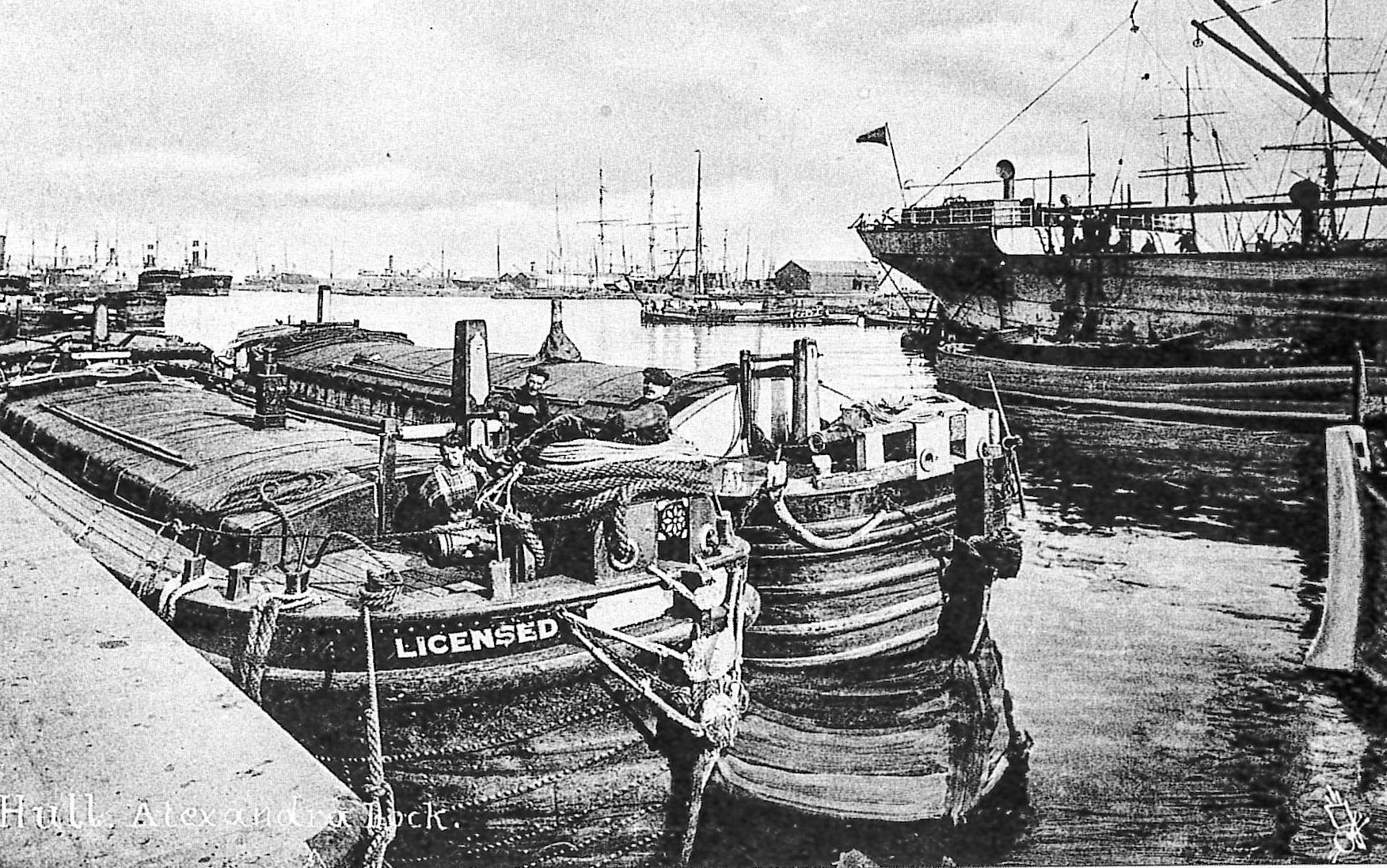
John Henry Whitaker sets up his Dry Cargo lighterage business on the River Humber, at the age of 33 years, and with two small second-hand wooden craft. After dying suddenly aged 51 years, John Henry's two teenage sons are left to run the company. Despite their inexperience it prospers.
1910
Whitaker’s becomes a limited company
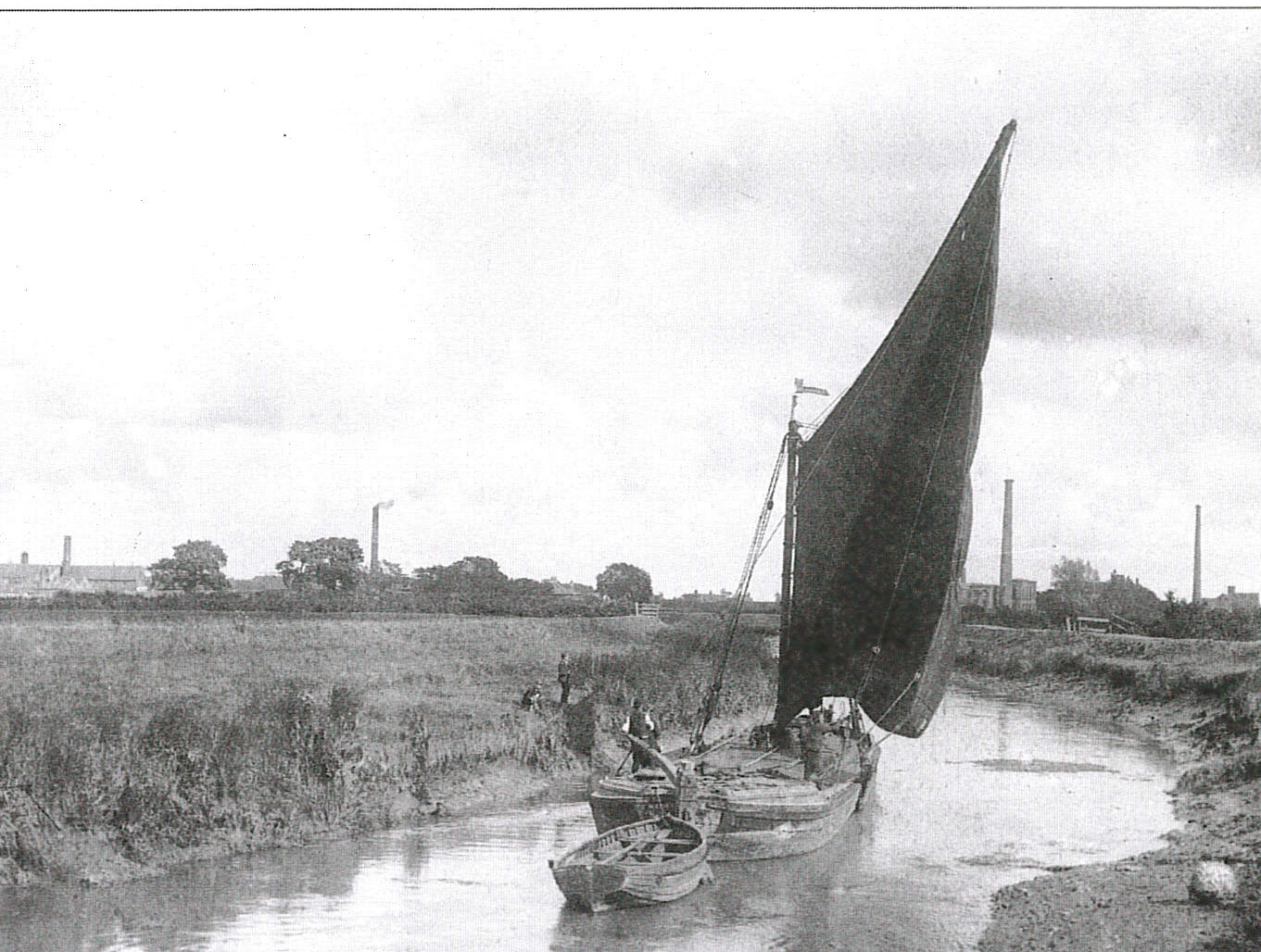
In 1910 John Henry Whitaker makes Whitaker's a limited company, with the entire fleet consisting of 3 wooden barges. He begins carriage of petroleum products in drums. All vessels are either horse drawn or sail powered at this point.
1920
Expanding the fleet
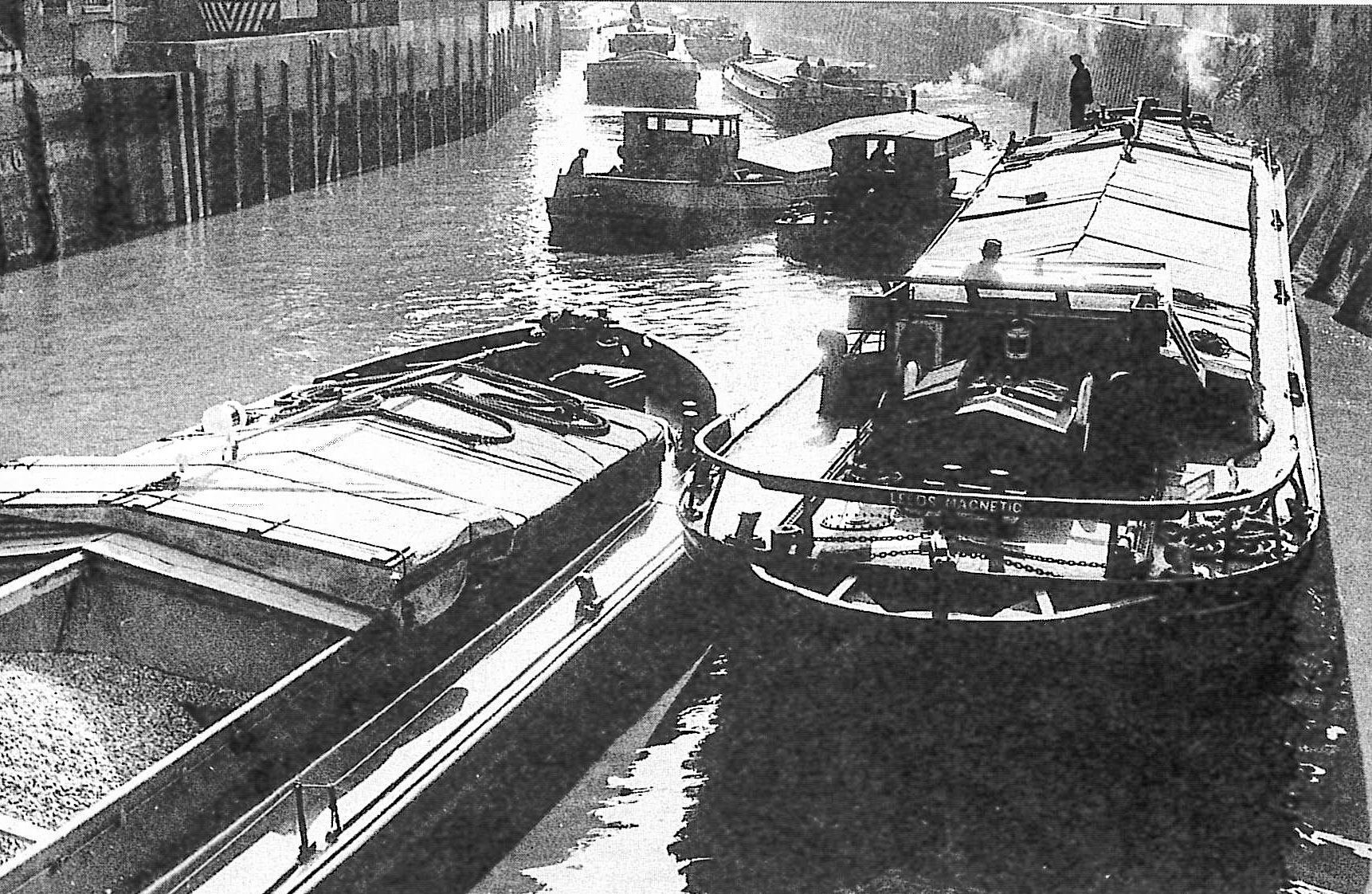
By the end of World War One, ships are converting from coal fired steam to oil fired engines, and the company responds by increasing the fleet to approximately 30 bunker barges.
1936
The horses are gone!
The company pushes forward with motorising the canal barges. 1936 sees the last of the company horses being sold.
1955
The first Coastal Tanker
Until 1955 the company has only operated smooth water barges, but with the encouragement of BP, Whitaker's purchase a 450 tonne coastal tanker, previously used as a German U Boat tender in the war. This vessel operates out of Falmouth; a big step for the company!
The dry cargo barges disappear as factories begin taking their products by coaster instead of transhipping into barges.
1965
More ships arrive
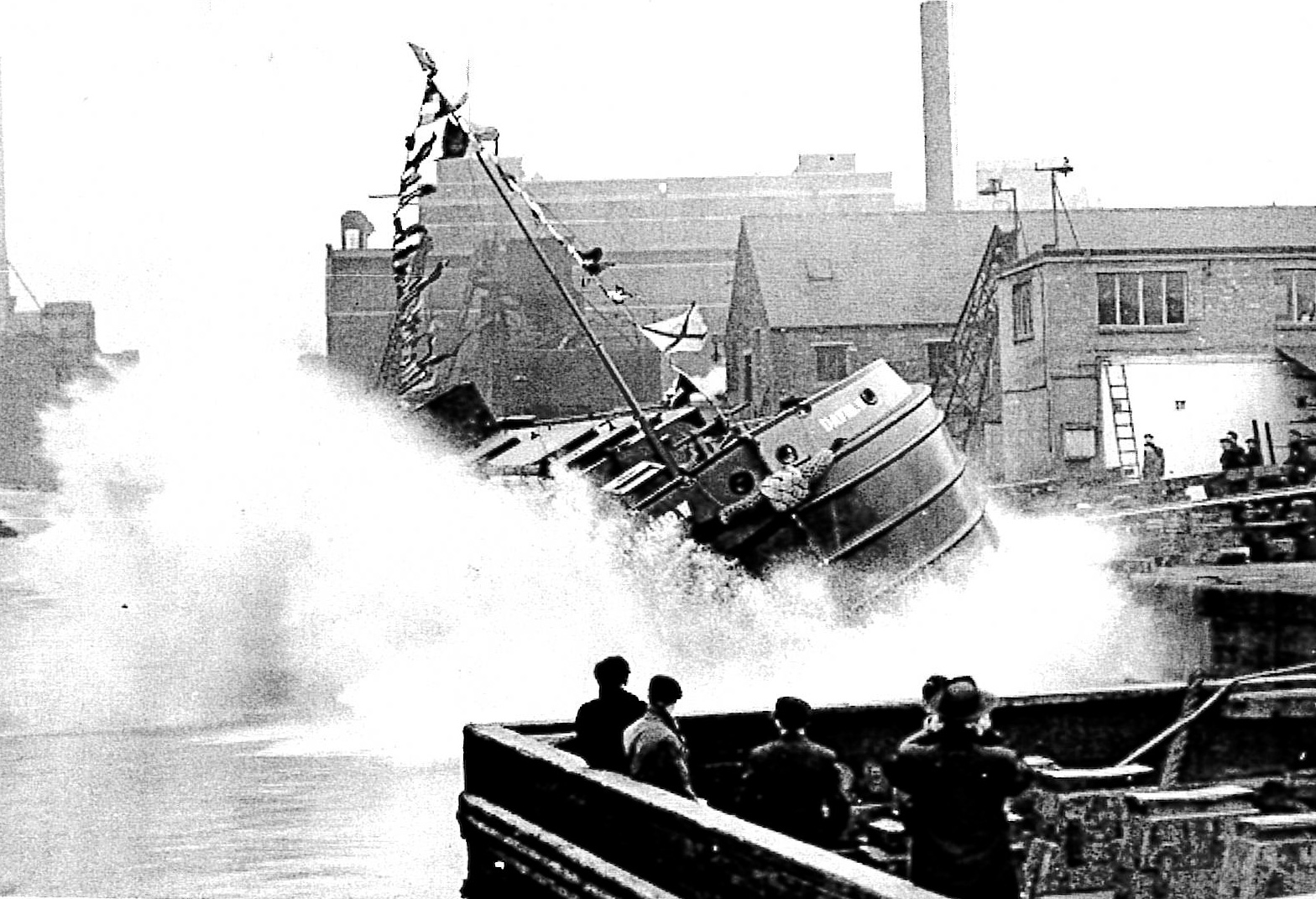
It's the end of World War 2 and the company begins repairing and regrouping. Having been commandeered by the government during wartime, a number of barges suffer damage while others have been sunk. The two dry docks are badly damaged.
Thankfully, the company once again begins to prosper, building up a fleet of 65 vessels by 1965.
1973
Tough Times
Around this time the Middle East Oil Crisis erupts, badly affecting crude oil supply.
Petrol prices rise dramatically causing a reduction in demand for fuel to be transported up the canals to Leeds.
There is also a near collapse of the fishing industry which currently provides much of our custom.
1981
Our Mersey office is established
In 1981 Whitaker's purchases the shipping assets of John Harker Ltd. We begin operating three coastal tankers on the Tyne And Tees, and another three on the Mersey. This freedom to travel round the coast without estuarial limits and constraints brings a new dimension to the company.
1982
The demise of our inland waterways traffic
Government policy changes in the late 1980s. Oil companies are now paying duty on their products as they leave the refinery.
Motorways between refineries and Leeds are being expanded, and lorry load capacities increase. This triggers the decline of inland transportation for Whitaker's.
The company reacts to the changes and acquires four coastal barges.
1985
Rapid company growth in 1985
The 1985 Miners Strike puts huge pressure on the electric companies. Many power stations sit alongside small rivers (Richborough, Drax, Ferrybridge & Blyth), so the government commandeers several Whitaker vessels to keep the oil flowing.
This further enhances the company's reputation for providing first class service under extreme pressure.
1988
The company sets up a Southern division office in Southampton
The company successfully tenders for new business bunkering out of Southampton, and creates a southern fleet of coastal tankers.
1991
The push barges arrive on the Mersey
Following the prestigious award of the BP Bitor contract, the company acquires a push barge fleet of vessels to transport nearly one million tonnes per annum of Orimulsion between Liverpool and Ince Power Station on the Manchester Ship Canal.
1996
Jaynee W joins the fleet
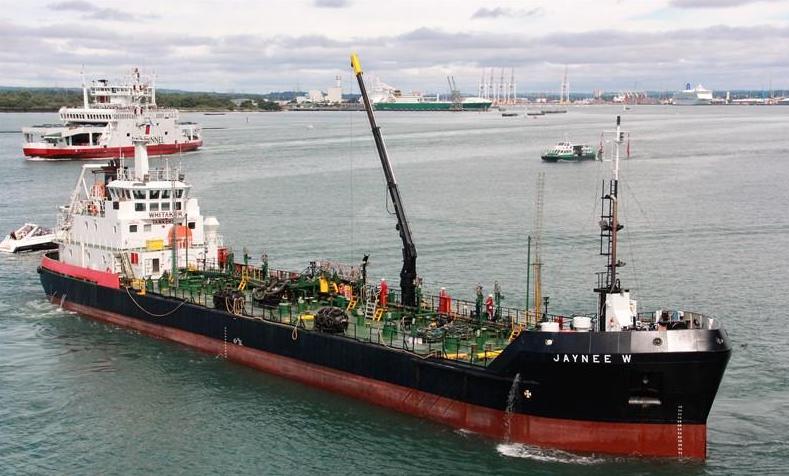
A new custom built tanker arrives to meet growing demand in Southampton.
1998
Milford Haven becomes one of our hub ports
The company successfully wins a bid to provide a bunker service in Milford Haven and the Bristol Channel.
1998
The future is double hulled tankers
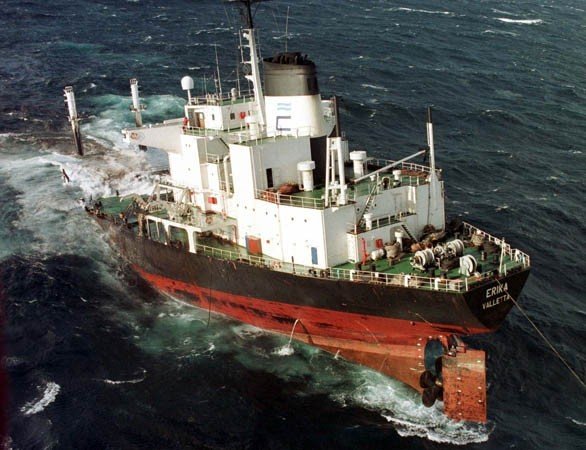
Following the sinking of the Erika, the tanker industry starts considering the feasibility of all oil tankers being double hulled.
Whitaker's respond to this market requirement by designing a bespoke double hulled bunker tanker.
2002
We take delivery of the Whitchallenger just as the Prestige sinks
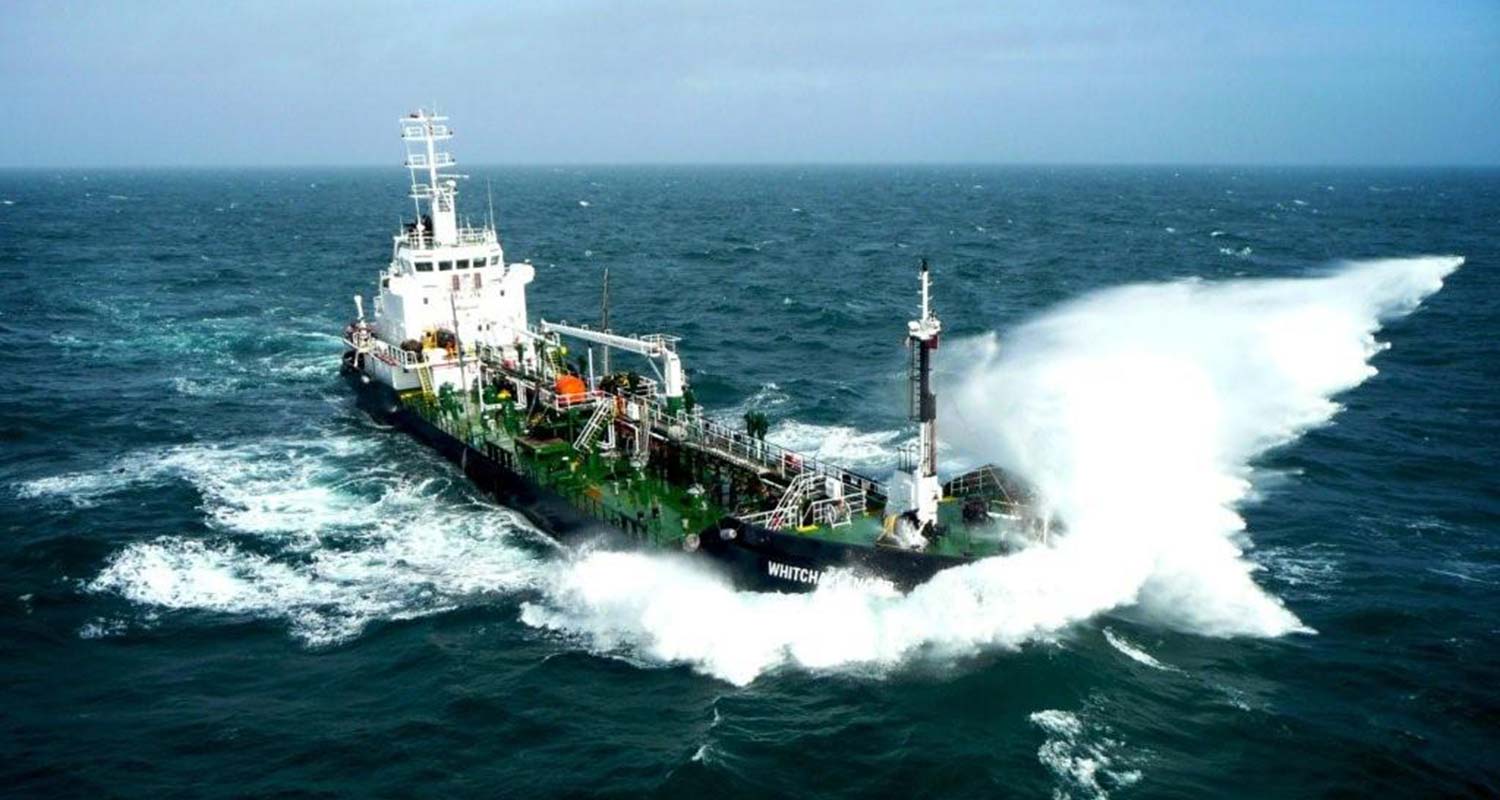
In 2002 we take delivery of our new double hulled tanker 'Whitchallenger', and continue building her sister ship 'Whitchampion'.
2003
Sister ship Whitchampion is delivered
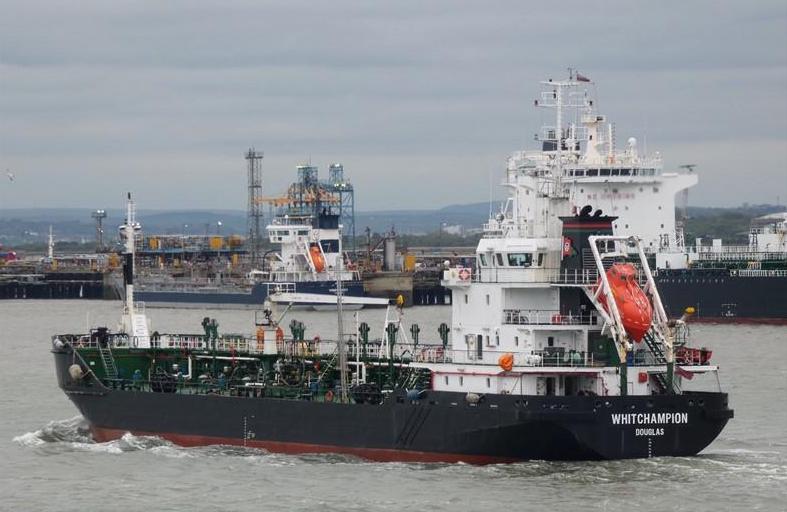
Whitchampion, the sister ship to the Whitchallenger arrives and goes straight into service working on the Irish Sea.
2005
The Mersey goes double hulled
We decide to replace our single hulled vessel on the Mersey and purchase the 2200 tonne DWT Keewhit, to service demand both in the river and in the Irish Sea.
2007
Wilberforce goes into service
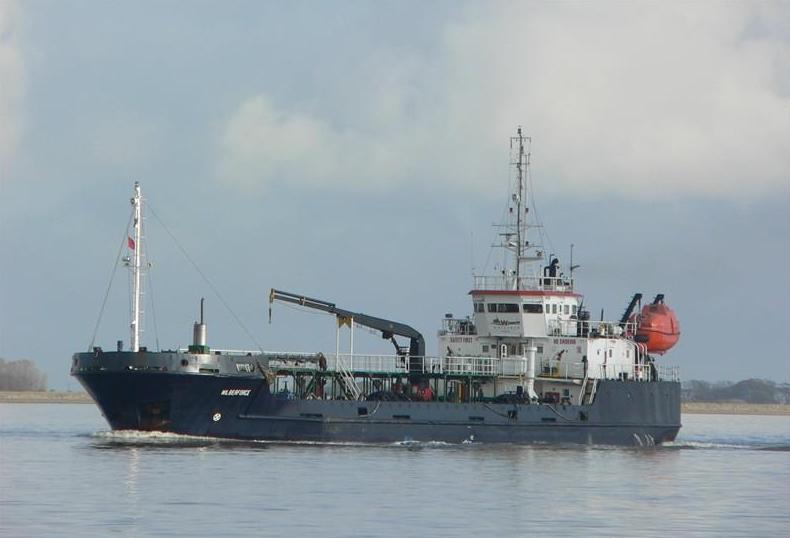
We build the Wilberforce at Modest Shipyard in India, in order to service bunker contracts on the Humber Estuary.
2007
The fifth generation Whitonia
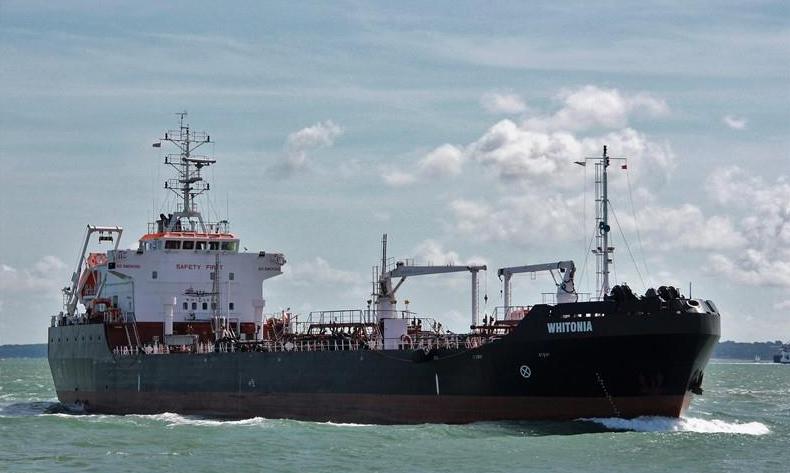
Whitaker's takes delivery of the 6,200 tonne Dubai built Whitonia (our largest vessel yet), and the fifth vessel in the company to bear the name, 41 years after her first namesake. The Whitonia reinforces the fleet in Southampton.
2009
Whitstar joins the fleet
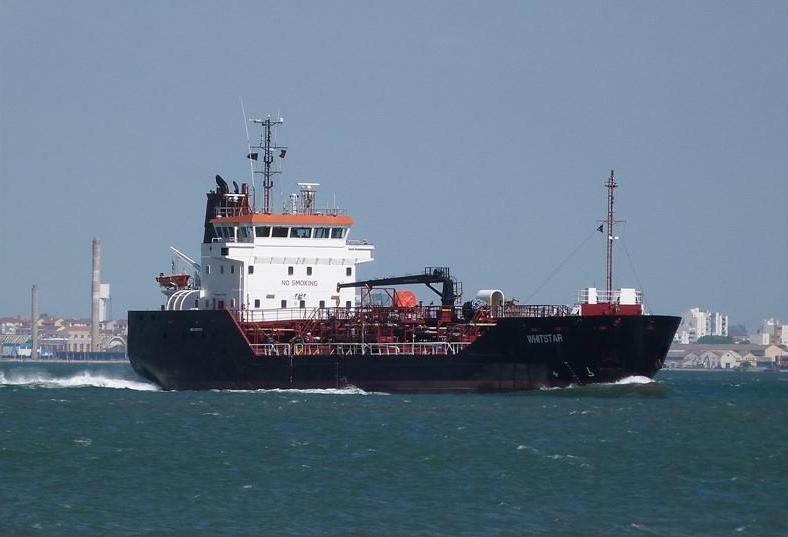
The company buys the Whitstar to support customer demand and strengthen the fleet.
2010
Whitnavigator is delivered
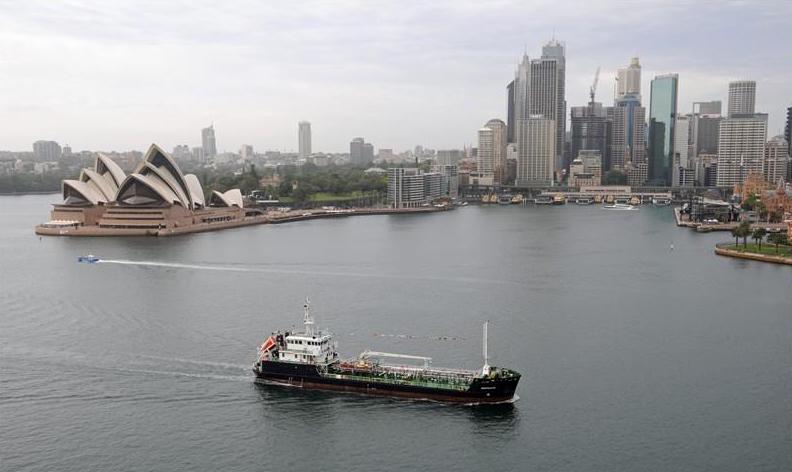
The Whitnavigator follows as the second Indian vessel, beginning service in 2010, with Sydney the location for her first charter.
2012
The Whithaven joins the fleet
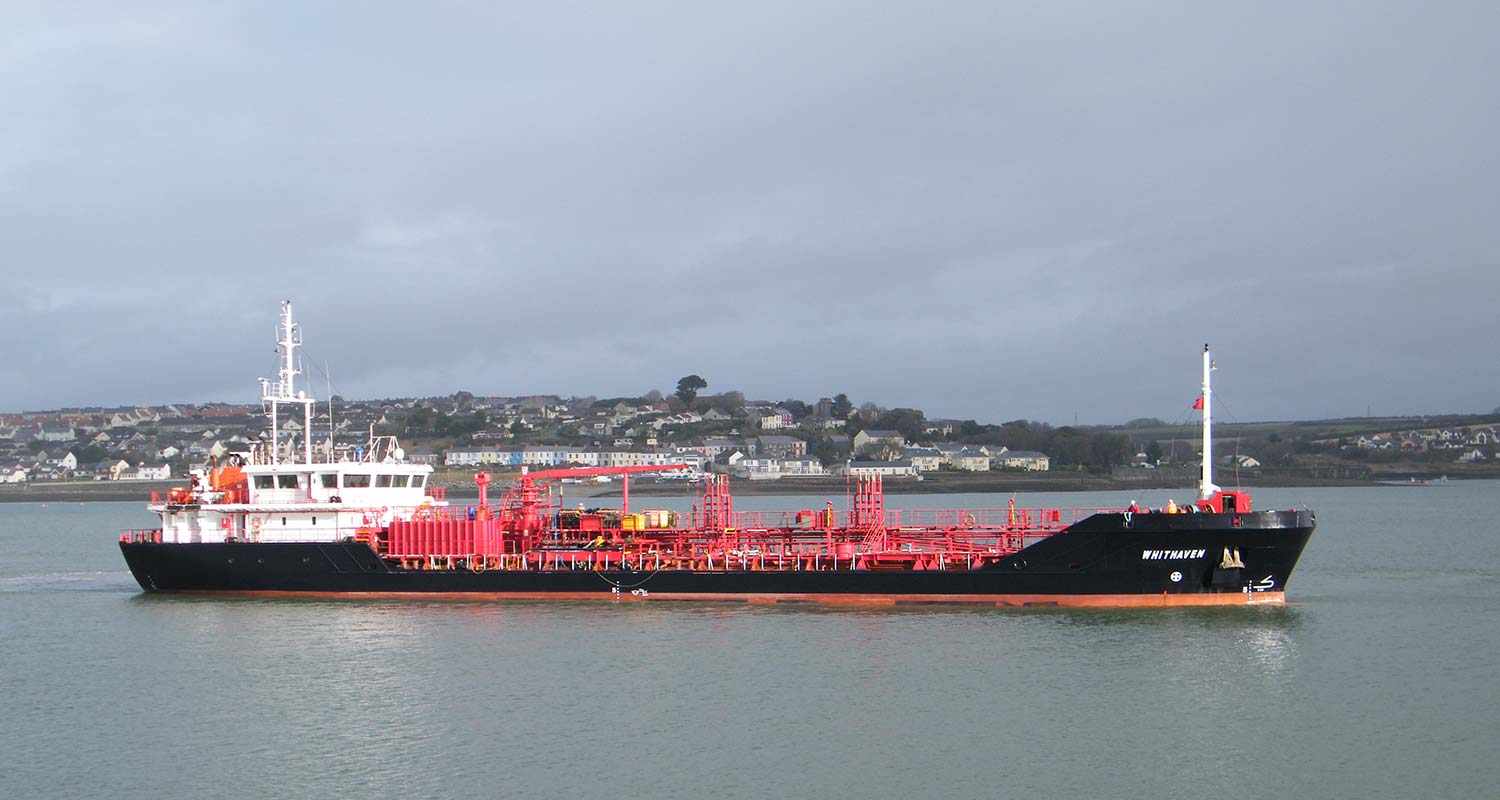
The Whithaven is purchased to improve the age profile of the existing vessel based in Milford Haven.
2015
Securing a Technical Management
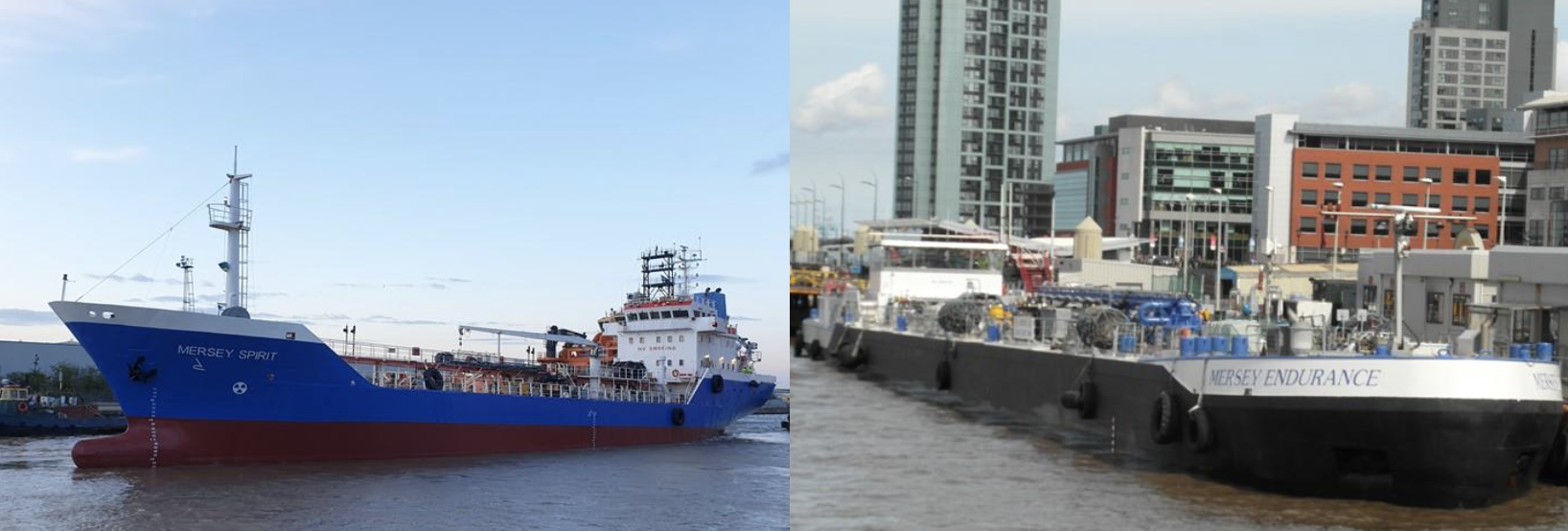
In 2015, Whitaker's strengthens a customer relationship and takes over the technical management of two third party vessels operating out of the Mersey.
2018
Acquisition of the Whitdawn
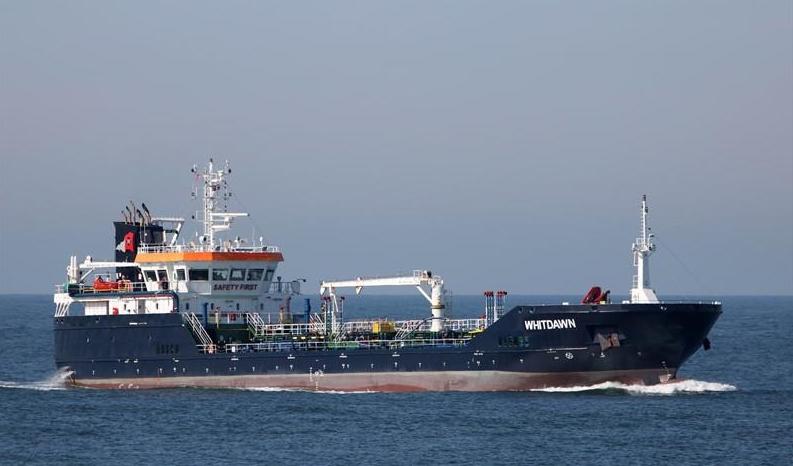
In 2018 the company introduces a new 4500 DWT Whitdawn to fulfil customer demand.
2020
Covid 19
The unprecedented global pandemic sees us navigating through unchartered waters. However, the company feels it is well placed to survive the storm and aims to continue strengthening the business as new opportunities arise and the world hopefully begins to return to normal.
2024
Lindsay Blee Acquires Whitaker Tankers
We are delighted to be acquired by Lindsay Blee, and whilst this has a twinge of sadness for the Whitaker family having owned the business for 144 years, we strongly believe this is a positive change, providing clarity on the succession of the business to our staff and customers.
We are proud to now be joining forces with a company who fully recognises the world class reputation of Whitakers and shares our desire to drive the business forward into the future.
The success of our business has only been achieved through the incredible hard work and professionalism of our staff ashore and afloat…and as there will be no changes in this regard we are confident that there will be a smooth transition to the new owners, of whom we wish the very best in their new venture.
James Hills, Managing Director of Lindsay Blee comments:
"We are thrilled and very proud to be adding Whitaker Tankers to our organisation. We look forward with excitement to working together with the Whitaker team and building upon their well-established success and reputation for quality and service”.
